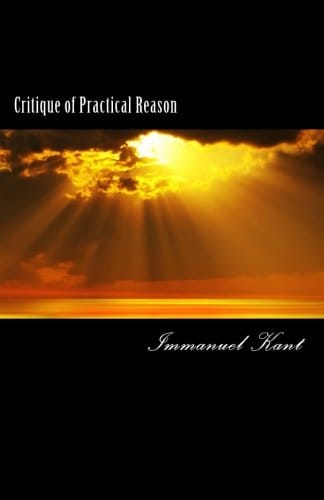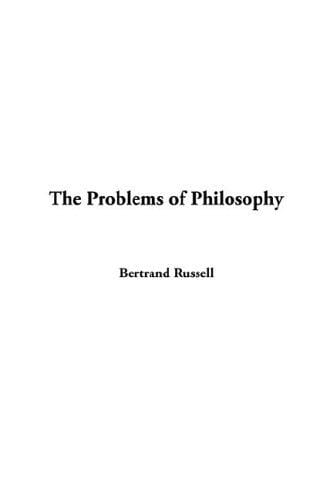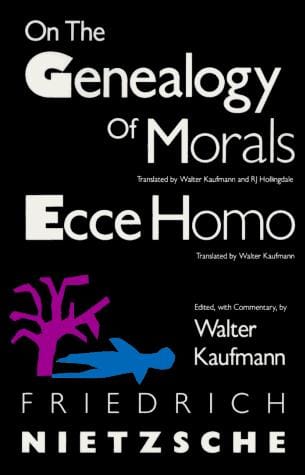Understanding Kant's Critique of Practical Reason: A Comprehensive Guide
Explore Kant's Critique of Practical Reason, its moral law, freedom, and relevance to modern ethics in an accessible 800-word guide.

Introduction: Why Read the Critique of Practical Reason?
Published in 1788, Immanuel Kant’s "Critique of Practical Reason" is often overshadowed by his earlier "Critique of Pure Reason." Yet this second Critique is crucial for appreciating Kant’s mature ethical system. Kant sets out to examine the conditions that make morality possible, showing how freedom, duty, and rationality converge in what he calls pure practical reason. For students, academics, and anyone curious about the foundations of ethics, studying this work is indispensable for grasping modern moral philosophy.
Kant’s Project: Pure Practical Reason Defined
Kant distinguishes between theoretical reason, which asks what is, and practical reason, which asks what ought to be. Pure practical reason operates independent of empirical desires; it legislates moral laws that apply universally. While empirical interests can guide choice, they cannot ground an unconditional moral obligation. Kant’s bold claim is that reason itself supplies the motive and authority for moral action, offering a standard that transcends cultural customs and subjective inclinations.
The Role of Freedom
The cornerstone of Kant’s practical philosophy is freedom. In the theoretical realm, causality governs events, but in the practical realm, the rational will can initiate action independent of natural determinants. This self-legislation constitutes autonomy, and without it, moral responsibility would be impossible. Kant argues that we become aware of freedom through our experience of duty: the very fact that we feel morally bound indicates that we could act otherwise. Thus, the idea of freedom is not derived from metaphysics alone; it is revealed in moral consciousness.
The Moral Law and the Categorical Imperative
Central to the "Critique of Practical Reason" is the moral law, articulated as the categorical imperative: "Act only on that maxim whereby you can at the same time will that it should become a universal law." Unlike hypothetical imperatives, which depend on personal goals ("If you want X, do Y"), the categorical imperative binds unconditionally. Kant maintains that genuine moral worth arises only when actions are motivated by respect for this universal law, not by inclination or anticipated outcomes. The categorical imperative thereby furnishes both a test for moral maxims and a source of intrinsic motivation.
Formal Versus Material Principles
Kant distinguishes formal moral principles, which provide the structure of obligation, from material principles, which rely on contingent ends like happiness. He rejects eudaimonistic ethics because it compromises moral purity, making duty conditional on personal well-being. By contrast, the moral law is formal: it supplies the form of universality without dictating specific content. This abstractness allows it to govern across contexts, cultures, and individual differences.
The Fact of Reason: Bridging Is and Ought
One of the most debated claims in the second Critique is Kant’s appeal to the "fact of reason." He asserts that the moral law is a fact of practical reason, recognized directly in the experience of obligation. Unlike empirical facts, this fact is accessible through inner awareness. Critics accuse Kant of smuggling in normative content without proof, but Kant replies that the moral law needs no theoretical deduction; it is self-evident to the rational will. The fact of reason consequently bridges the infamous gap between descriptive statements about the world and prescriptive moral claims.
Practical Postulates: God and Immortality
Kant does not deduce the existence of God or the immortality of the soul theoretically; instead, he regards them as "postulates of pure practical reason." Moral striving requires the highest good, where virtue and happiness coincide, yet this harmony is rarely achieved in finite human life. To make sense of moral effort, practical reason postulates a moral world order guaranteed by God and an afterlife that allows the soul to progress toward perfect virtue. These postulates are not speculative knowledge but rational necessities that give moral activity coherence and hope.
Critiques, Challenges, and Contemporary Relevance
Philosophers have raised numerous objections to Kant’s account. Some argue that grounding morality solely in rational form neglects the moral significance of emotion and relationships. Others contend that the categorical imperative yields conflicting duties in complex situations. Nevertheless, Kant’s insistence on human dignity and autonomy profoundly influences contemporary debates in bioethics, human rights, and political theory. His framework underpins modern conceptions of respect for persons, informed consent, and the equality of moral agents. Even critics often adopt Kantian language when defending universal moral claims.
Kant and Applied Ethics
In applied fields, Kant’s ideas continue to shape policy discussions. For example, in environmental ethics, the duty to treat humanity as an end has been expanded to include future generations. In artificial intelligence, developers invoke Kantian autonomy when designing algorithms that respect user agency. While some adaptations diverge from Kant’s original intentions, they testify to the enduring utility of his core principles.
Conclusion: Reading the Second Critique Today
The "Critique of Practical Reason" offers a rigorous analysis of morality grounded in human rationality and freedom. By articulating the moral law, defending autonomy, and postulating a moral order, Kant provides a framework that remains compelling more than two centuries later. For readers seeking a systematic, principled approach to ethics, the second Critique is not merely a historical document but a living source of insight. Engaging with Kant challenges us to examine our motives, test our maxims, and reaffirm the dignity inherent in every rational being.



